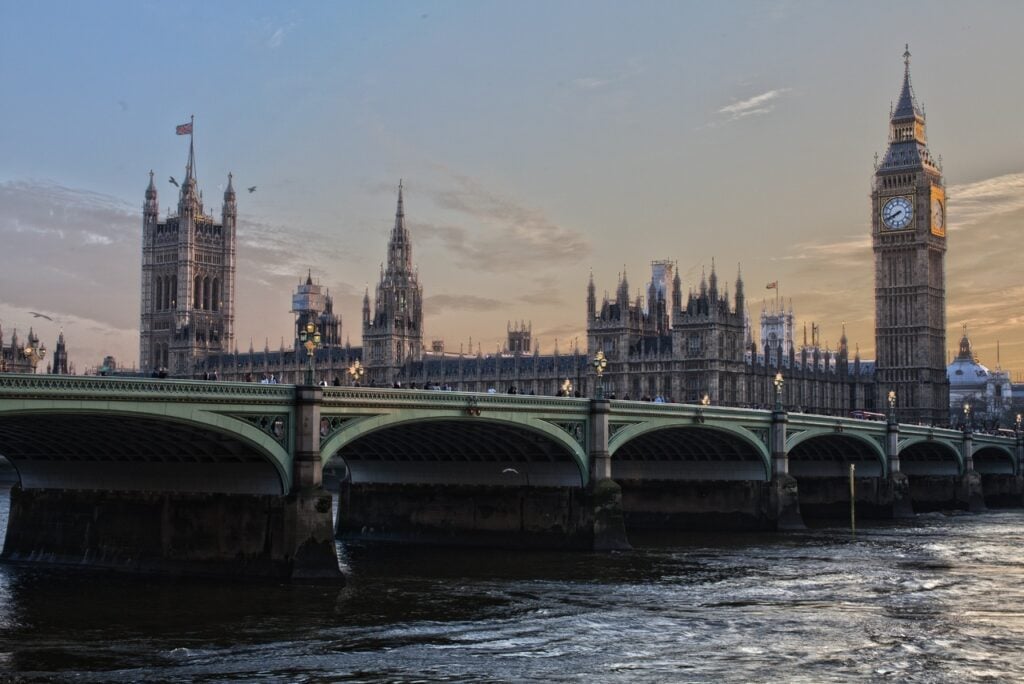The UK Government could provide further relief for energy intensive industries under a new proposal set out amid rising energy costs.
Under the energy intensive industries exemption scheme, it aims to increase the level of exemption for certain environmental and policy costs from 85% of costs up to 100%.
If implemented, this could help subsidise electricity costs for energy intensive businesses such as steel and paper mills – an area of concern amid increasing strain on the energy grid.
“British manufacturers are the lifeblood of our economy and central to our plans to overcome this period of economic uncertainty,” said Kwasi Kwarteng, secretary of state for Business, Energy and Industrial Strategy (BEIS).
“With global energy prices at record highs, it is essential we explore what more we can do to deliver a competitive future for those strategic industries so we can cut production costs and protect jobs across the UK.”
The proposal could also make the UK an attractive region for industry to invest by reduce industrial electricity costs, which are higher than other European countries. In doing so, businesses like steel, paper, glass, ceramics and cement could see increased development in the UK, according to the government.
The proposal follows analysis from Cornwall Insight that suggested that some businesses will face energy bills five times higher than they’re currently paying from October.
While there has been great focus on the impact of soaring energy bills on households, little support has yet been provided to keep businesses – especially energy intensive ones – afloat.
For households, there is £400 in support set to be distributed over six months from October by suppliers as part of a support package announced earlier in the year. However given wholesale energy prices have continued to climb, leading Cornwall Insight to increase its prediction for the Default Tariff Price Cap to over £4,200 in January, calls have been growing for further support measures.
The Confederation of British Industry (CBI) last week also urged Boris Johnson to act now in order to manage both the cost-of-living crisis impacting households and support the UK’s industrial sector.
CBI director-general Tony Danker proposed four clear actions the government could undertake to lessen the severity of the crisis in the long-term and allow the next Prime Minister to take immediate action.
This could be pivotal in providing conservative leadership candidates Rishi Sunak or Liz Truss an opportunity to tackle rising cost-of-living and energy bills – key topics that have been central to the leadership contest.






